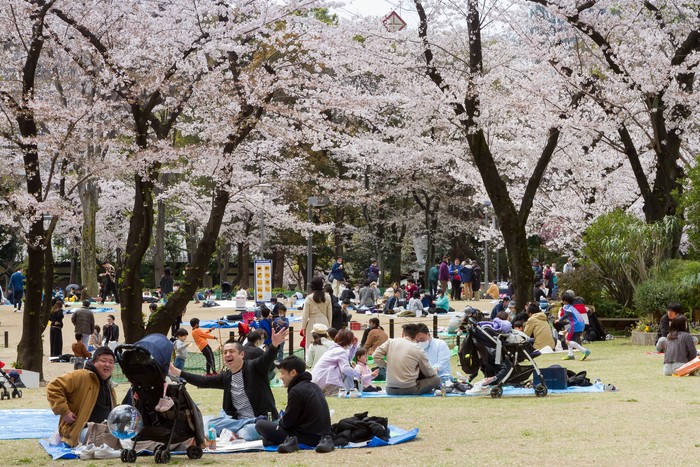In the land of the rising sun, a shadow looms ever larger, casting doubts upon the very future of Japan. The once-vibrant nation finds itself ensnared in a relentless grip of demographic decline, with each passing year marking a further descent into perilous territory. The specter of a dwindling population now haunts the corridors of power, prompting urgent calls for action before it's too late.

In the annals of Japan's demographic history, the year 2023 stands out as a stark testament to the gravity of the situation. With a precipitous drop in birth rates, the nation witnessed a staggering decline for the eighth consecutive year. According to the Ministry of Health, Labour and Welfare, a mere 758,631 newborns entered the world, marking a 5.1% decrease from the previous year and plunging to the lowest level since records began in 1899.
Enter Elon Musk, the enigmatic visionary whose gaze extends far beyond the confines of Earth's atmosphere. With a keen eye for emerging trends, Musk wasted no time in issuing a dire warning to Japan. "Japan will vanish if something doesn't change," he wrote cryptically, sending shockwaves through the corridors of power in Tokyo and beyond.
Yet, the crisis extends beyond the realm of childbirth alone. Marriage rates have plummeted by 5.9%, with a mere 489,281 couples tying the knot – a figure dipping below the 500,000 mark for the first time in 90 years. This decline in matrimonial unions serves as a harbinger of the impending demographic winter, where the scarcity of marriages begets an even greater scarcity of births.
Delving deeper into the root causes, surveys reveal a confluence of factors driving Japan's youth away from the altar. From precarious job prospects and stagnant wages to the soaring cost of living and inhospitable work environments, the hurdles to matrimony appear insurmountable to many.
Acknowledging the severity of the situation, Cabinet Secretary Yoshimasa Hayashi sounded the alarm, acknowledging that Japan's declining birth rates have reached a critical juncture. "The next six years, leading up to 2030, when the youthful population begins to plummet drastically, will represent our last chance to reverse this trend. There can be no time wasted," he urged, as quoted by The Guardian.
Prime Minister Fumio Kishida echoed these sentiments, labeling the crisis as Japan's most pressing challenge. Despite the government's efforts to incentivize childbirth and childcare through subsidies, doubts linger regarding their effectiveness, particularly in addressing the underlying issues driving the youth away from marriage. you also must read : softeare engineering.
The stakes couldn't be higher. With Japan's current population of over 125 million projected to plummet by 30% to 87 million by 2070, and with four out of every ten individuals aged 65 or older, the economic and security implications loom large. A dwindling workforce and military could spell disaster for Japan's future prosperity and stability, underscoring the urgency of decisive action.
As Japan grapples with the specter of its own demise, the clock ticks relentlessly, urging stakeholders to set aside their differences and confront the crisis head-on. For in the crucible of adversity lies the opportunity for renewal, and only through collective action can Japan hope to defy the odds and chart a course towards a brighter tomorrow.



